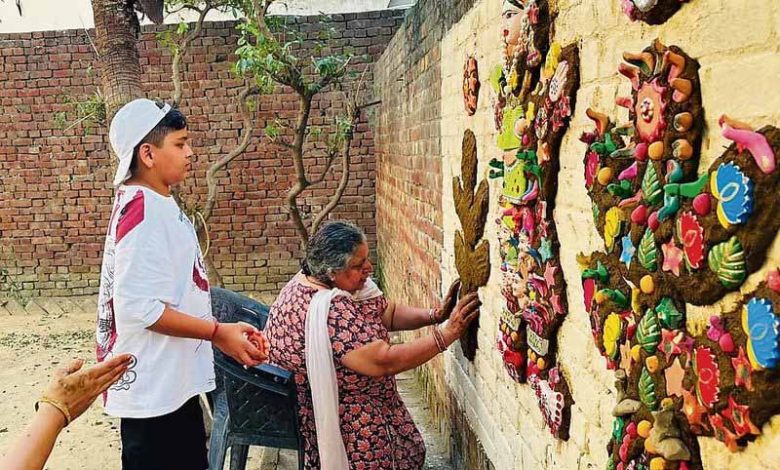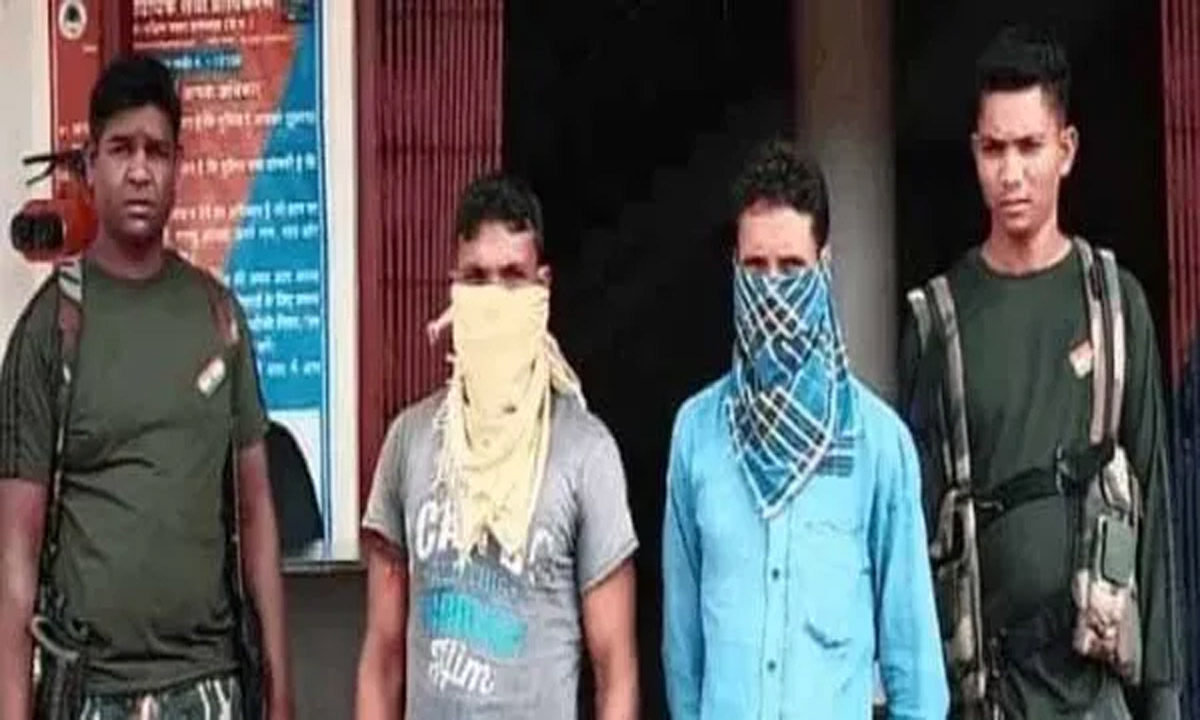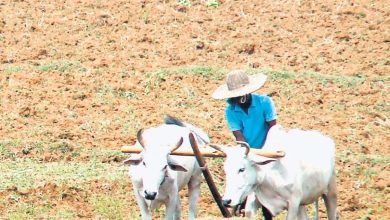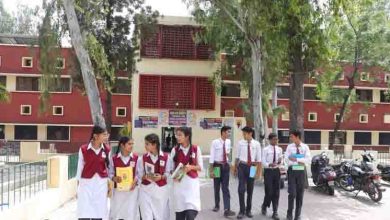Punjab: Keeping alive the tradition of worshiping Sanjhi Mata

Punjab: A section of suburbanites in this part of Malwa is trying to keep alive the tradition of worshipping Sanjhi Mata. Sanjhi Mata is believed to be the goddess of prosperity and peace in Hinduism. Apart from having its origins in the religious beliefs of Hindu communities of northern states including Punjab, Haryana and Himachal Pradesh, the tradition is also known to promote knowledge about art, astronomy and relationships in a patriarchal society. While most families with elder women in the family continue to make idols of Sanjhi Mata along with animate and inanimate objects from clay, some prefer to buy ready-made idols from the market. Madhuri Gautam, a resident here, who has been setting up Sanjhi in her house for four decades, said people have started underestimating the importance of following traditions in the name of ‘modernity’. “Religious belief aside, the tradition of preparing clay models of various parts of Sanjhi, cosmic bodies and objects of daily use enhances craftsmanship, creativity and knowledge about various parts of the universe,” said Madhuri Gautam. She said her children and grandchildren are interested in continuing the tradition. She said the image of Sanjhi is made on the first day of the nine days of Durga Puja or Navratri and installed on the wall. Cow dung is used as the base, and the mechanism is decorated using coloured cotton and paper.
Every evening, women and children are invited to sing bhajans and perform aarti, Madhuri Gautam said. Sanjhi is considered ‘Dhan Vaibhav Dayatri’ as she blesses the family to prosper. Elderly people believe that in this tradition, young girls seek blessings from the deity so that they get suitable husbands. Retired teacher Rekha Kumara said people have now started worshipping Sanjhi Mata through calendars and posters. “Gathering neighbours and distributing sweets as prasad helps keep the tradition alive,” Kumara said. She said the festival ends with the immersion of various components in a nearby reservoir on the morning of Dussehra.





